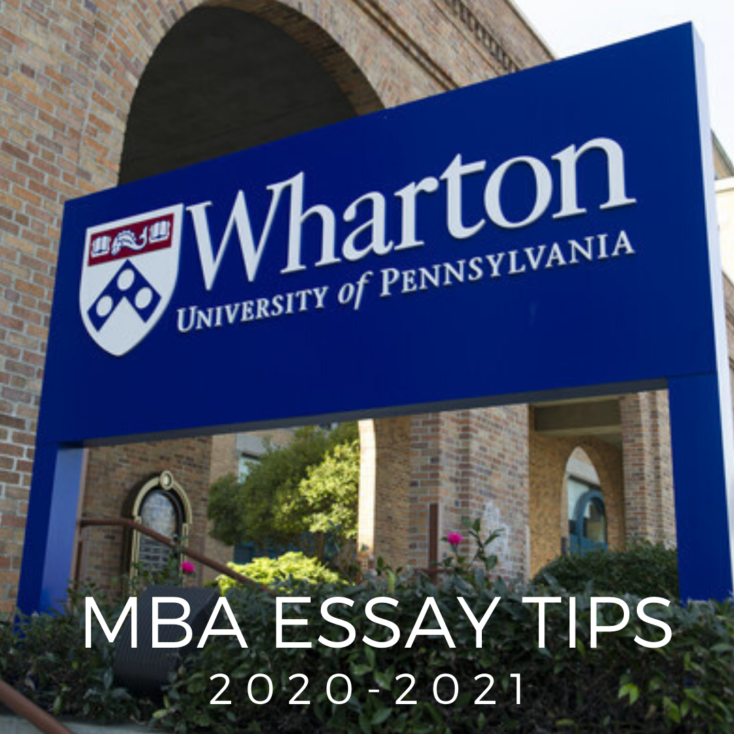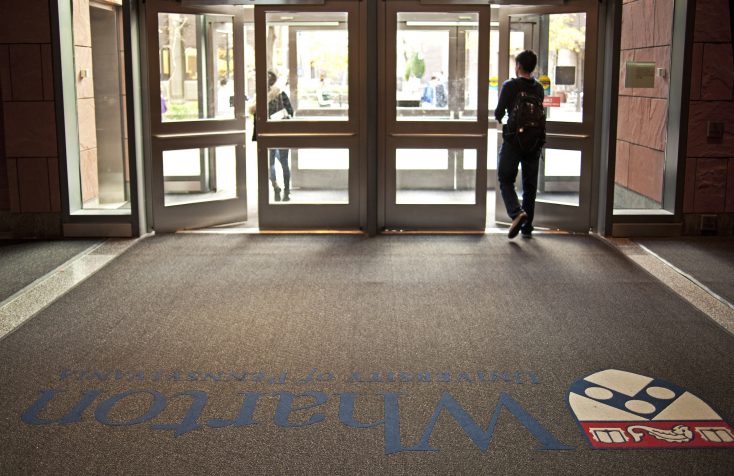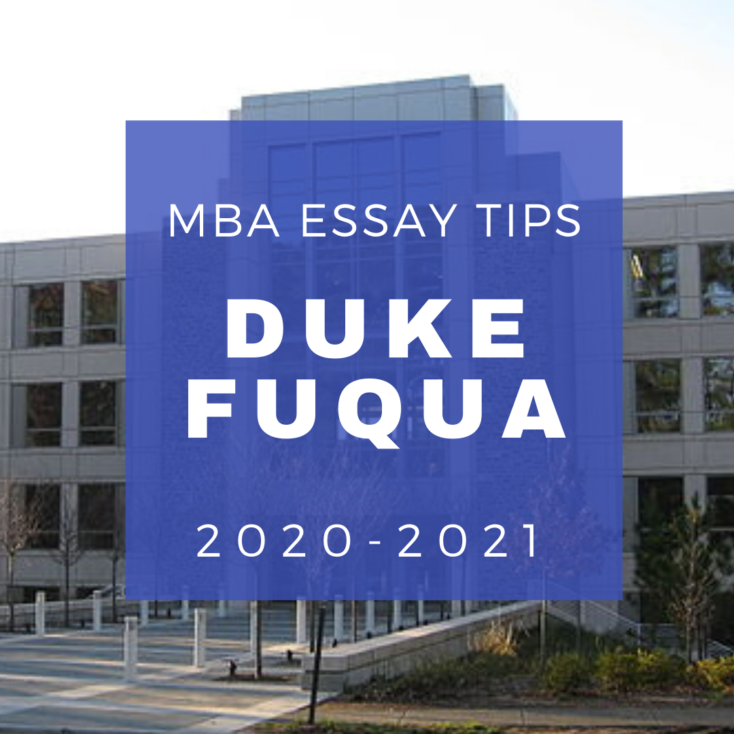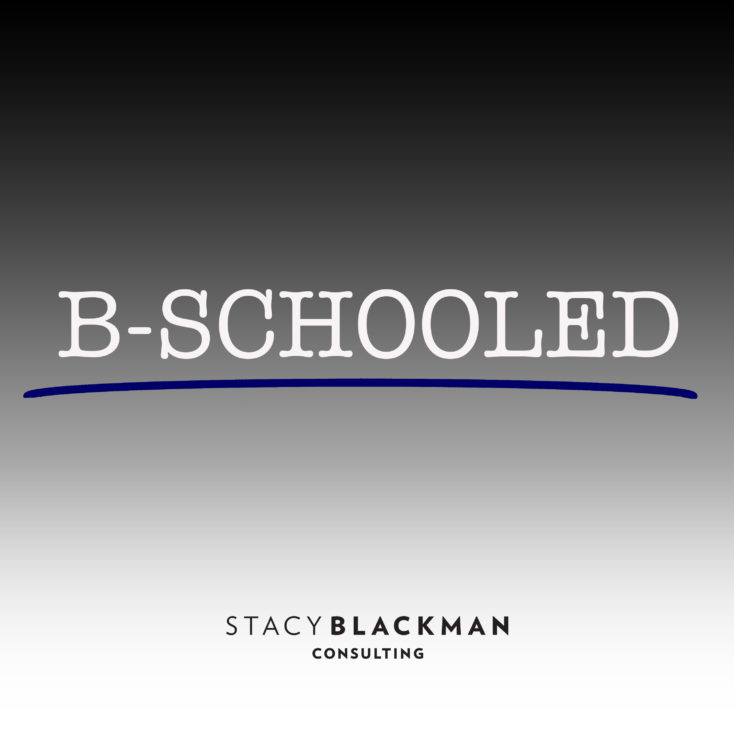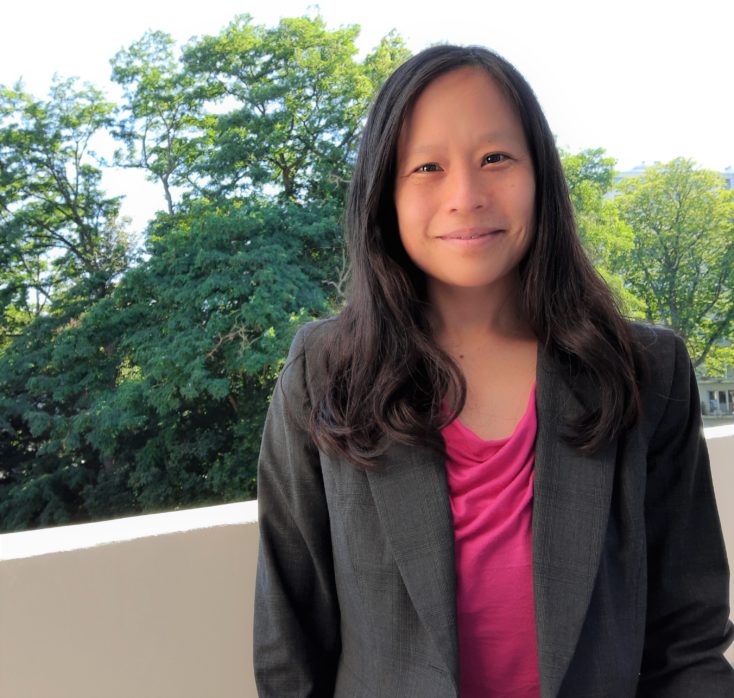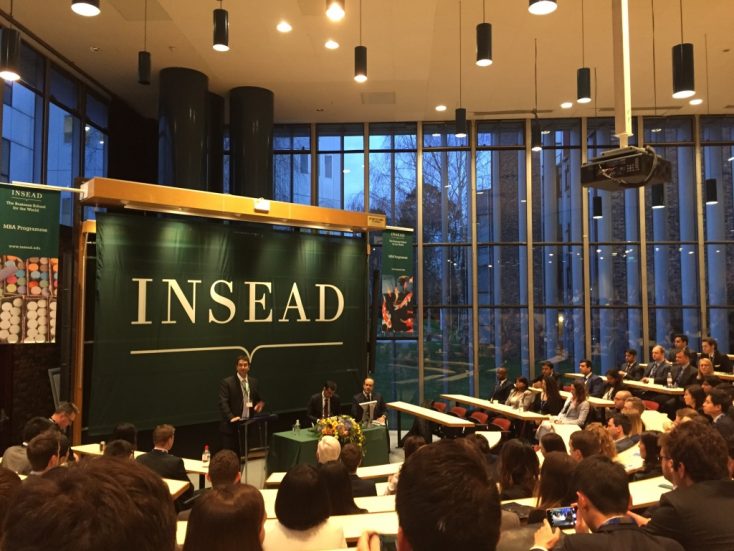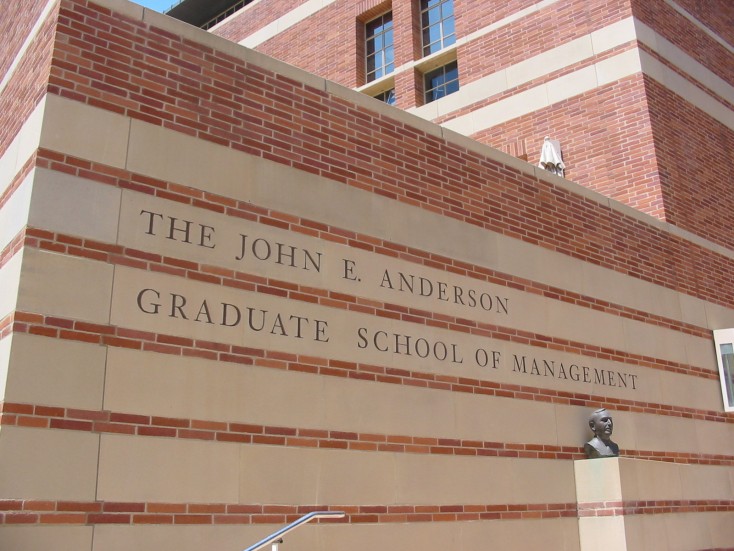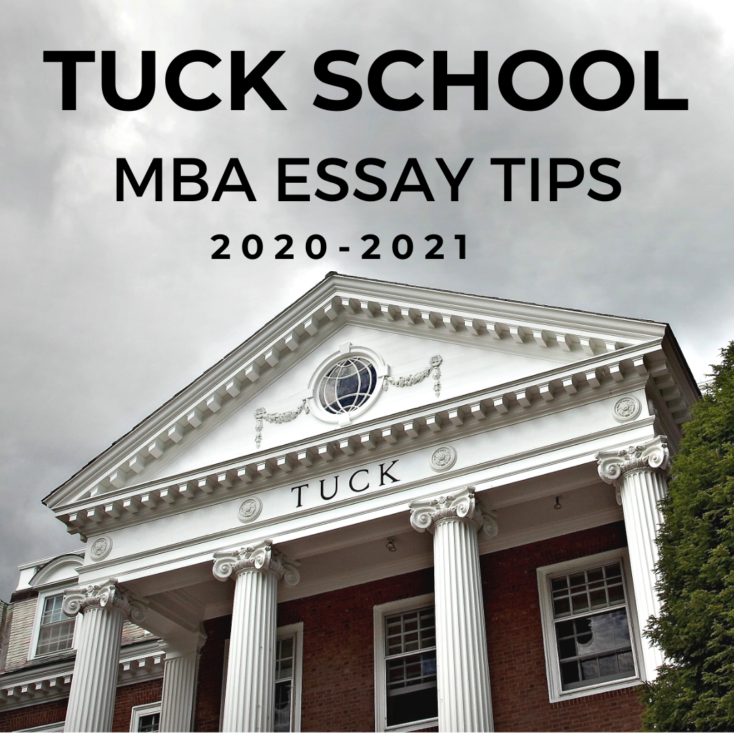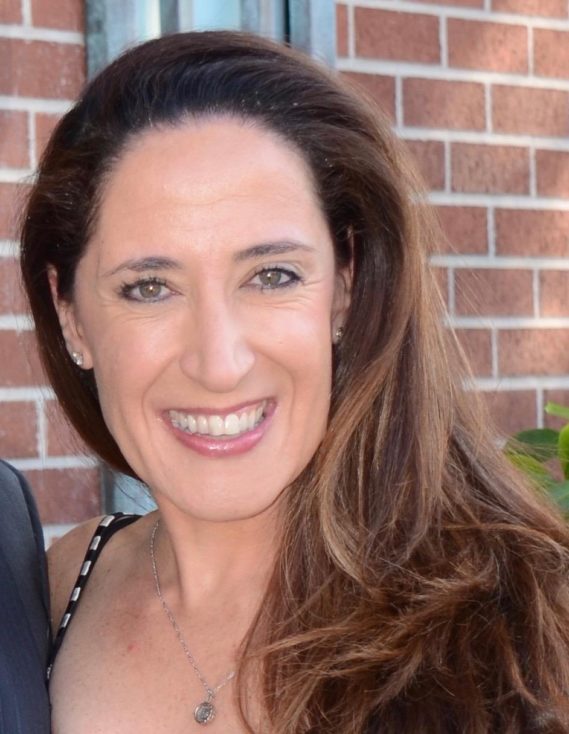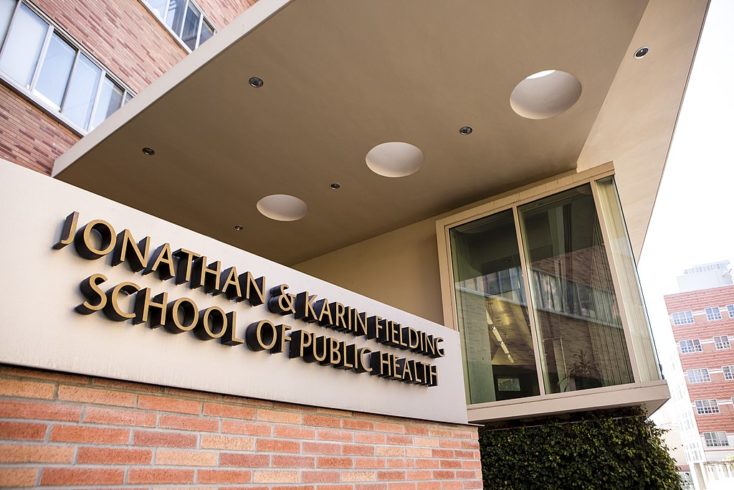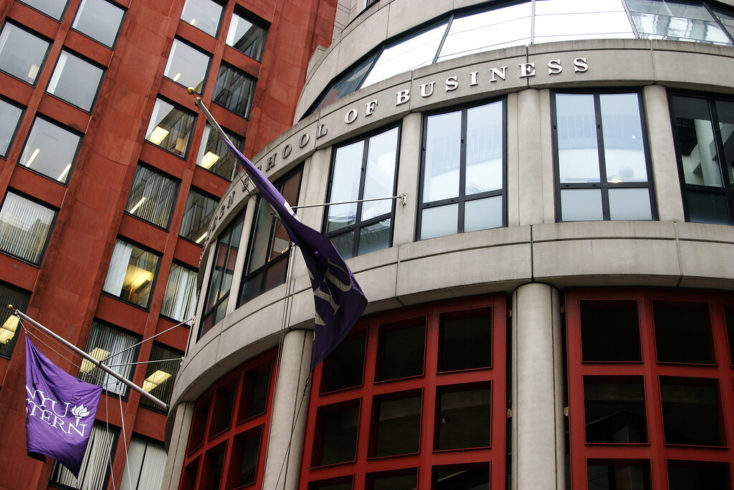Events & Promotions
|
|

GMAT Club Daily Prep
Thank you for using the timer - this advanced tool can estimate your performance and suggest more practice questions. We have subscribed you to Daily Prep Questions via email.
Customized
for You
Track
Your Progress
Practice
Pays
Not interested in getting valuable practice questions and articles delivered to your email? No problem, unsubscribe here.
- Nov 20
10:00 AM EST
-10:30 AM EST
If you’re applying to Columbia, NYU Stern, or Yale SOM, you need more than strong stats. Each school defines “leadership” differently, and your essays must reflect that. Join Sia Admissions founder, Susan Berishaj on November 20th - Nov 20
09:00 PM IST
-10:00 PM IST
Join our free expert-led Essay Workshops to discover how to choose impactful stories, highlight your core values, and align your background with each school’s distinct culture, making every word truly count. - Nov 20
07:30 AM PST
-08:30 AM PST
Learn what truly sets the UC Riverside MBA apart and how it helps in your professional growth - Nov 21
08:30 AM EST
-09:15 AM EST
Get the inside scoop on what makes Emory’s Goizueta Business School great, learn how you can present a strong MBA application, and connect with an Admissions Director to get your questions answered. - Nov 21
09:30 PM IST
-10:30 PM IST
Learn how to craft powerful, authentic essays by mastering the 3 “WHYs” every top MBA program looks for: Why MBA, Why Now, and Why This School. - Nov 24
08:00 PM PST
-09:00 PM PST
Inquire for a free profile evaluation and guarantee statement for possible admits and scholarships!
Kudos
Bookmarks
| FROM Stacy Blackman Consulting Blog: Wharton MBA Essays for 2020-2021 |
 Are you targeting the University of Pennsylvania’s Wharton School? Then it’s time to shift into high gear. We’ve already shared the upcoming application deadlines with you. Now, the admissions committee has announced the updated Wharton MBA essays for the 2020-2021 admissions cycle. Here are the Wharton MBA essays you’ll answer in this year’s application. The Admissions Committee wants to get to know you on both a professional and personal level. We encourage you to be introspective, candid, and succinct. Most importantly, we suggest you be yourself. For additional essay writing resources, see the essay tips article. First-time MBA applicants and re-applicants must complete both essays. Essay 1: What do you hope to gain professionally from the Wharton MBA? (500 words) Essay 2: Taking into consideration your background – personal, professional, and/or academic – how do you plan to make specific, meaningful contributions to the Wharton community? (400 words) Required Essay for all Reapplicants: Please use this space to share with the Admissions Committee how you have reflected and grown since your previous application and discuss any relevant updates to your candidacy (e.g., changes in your professional life, additional coursework, and extracurricular/volunteer engagements). (250 words) Optional Essay: Please use this space to share any additional information about yourself that cannot be found elsewhere in your application and that you would like to share with the Admissions Committee. This space can also be used to address any extenuating circumstances (e.g., unexplained gaps in work experience, choice of recommenders, inconsistent or questionable academic performance, areas of weakness, etc.) that you would like the Admissions Committee to consider. Admissions Director Blair Mannix explained the changes to the essays on the Wharton MBA Admissions Blog: Our main goal is to get to know you the best that we can, and the change to our second prompt was largely motivated by that desire. We hope to give applicants room to reflect on their unique backgrounds and think about what their value-add will be to the Wharton community. Applicants should remember that the Admissions Committee is looking for candidates who will contribute to all aspects of Wharton life. *** For more information on applying, please visit the Wharton School admissions site. If you need guidance on your MBA applications or wish to discuss your MBA plans, reach out for a complimentary analysis of your candidacy. We’re here to help! The post Wharton MBA Essays for 2020-2021 appeared first on Stacy Blackman Consulting - MBA Admissions Consulting. |
This Blog post was imported into the forum automatically. We hope you found it helpful. Please use the Kudos button if you did, or please PM/DM me if you found it disruptive and I will take care of it.
-BB
Kudos
Bookmarks
| FROM Stacy Blackman Consulting Blog: Duke MBA Deadlines for 2020-2021 |
 Are you targeting the Fuqua School of Business in the upcoming admissions cycle? Grab your calendar, because here are the Duke MBA deadlines for the 2020-21 application season. Duke MBA deadlines Early Action: Application due: September 23, 2020 Decision released: October 27, 2020 Round 1 Application due: October 20, 2020 Decision released: December 18, 2020 Round 2 Application due: January 7, 2021 Decision released: March 20, 2021 Round 3 Application due: March 25, 2021 Decision released: April 30, 2021 A note to applicants about the Duke MBA deadlines: All deadlines are at 11:59 pm ET. The Early Action option is ideal for applicants who have completed their MBA research and have decided that this is the best program for them. If you need merit-based scholarship assistance, you may apply during Early Action, Round 1, Round 2, or Round 3. International Applicants: you must apply during Early Action, Round 1, or Round 2 for visa processing. Re-applicants: reapply during Early Action or Round 1. The application for the class beginning in 2021 will become available in July. *** Now that you have seen the Duke MBA deadlines, please visit the Duke Fuqua admissions website for more information on applying. Also, if you need guidance on your Fuqua MBA application or wish to discuss your business school plans, reach out for a complimentary analysis of your candidacy. We’re here to help! The post Duke MBA Deadlines for 2020-2021 appeared first on Stacy Blackman Consulting - MBA Admissions Consulting. |
This Blog post was imported into the forum automatically. We hope you found it helpful. Please use the Kudos button if you did, or please PM/DM me if you found it disruptive and I will take care of it.
-BB
Kudos
Bookmarks
| FROM Stacy Blackman Consulting Blog: Berkeley Haas MBA Deadlines for 2020-2021 |
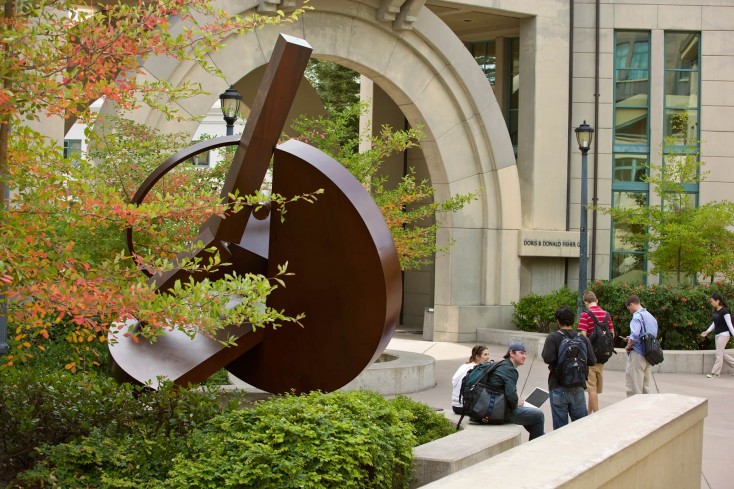 Are you interested in the full-time MBA program at UC Berkeley Haas School of Business? Then get out your calendar and start planning your timeline. The school has announced the Berkeley Haas MBA deadlines for the 2020-2021 admissions cycle. Berkeley Haas MBA Deadlines Round 1 Application due: September 24, 2020 Decision released: December 17, 2020 Round 2 Application due: January 14, 2021 Decision released: March 25, 2021 Round 3 Application due: April 5, 2021 Decision released: May 13, 2021 *** For more information on applying, please visit the Berkeley Haas MBA admissions website. If you need guidance on your Haas MBA application or wish to discuss your business school plans, reach out for a complimentary analysis of your candidacy. We’re here to help! The post Berkeley Haas MBA Deadlines for 2020-2021 appeared first on Stacy Blackman Consulting - MBA Admissions Consulting. |
This Blog post was imported into the forum automatically. We hope you found it helpful. Please use the Kudos button if you did, or please PM/DM me if you found it disruptive and I will take care of it.
-BB









